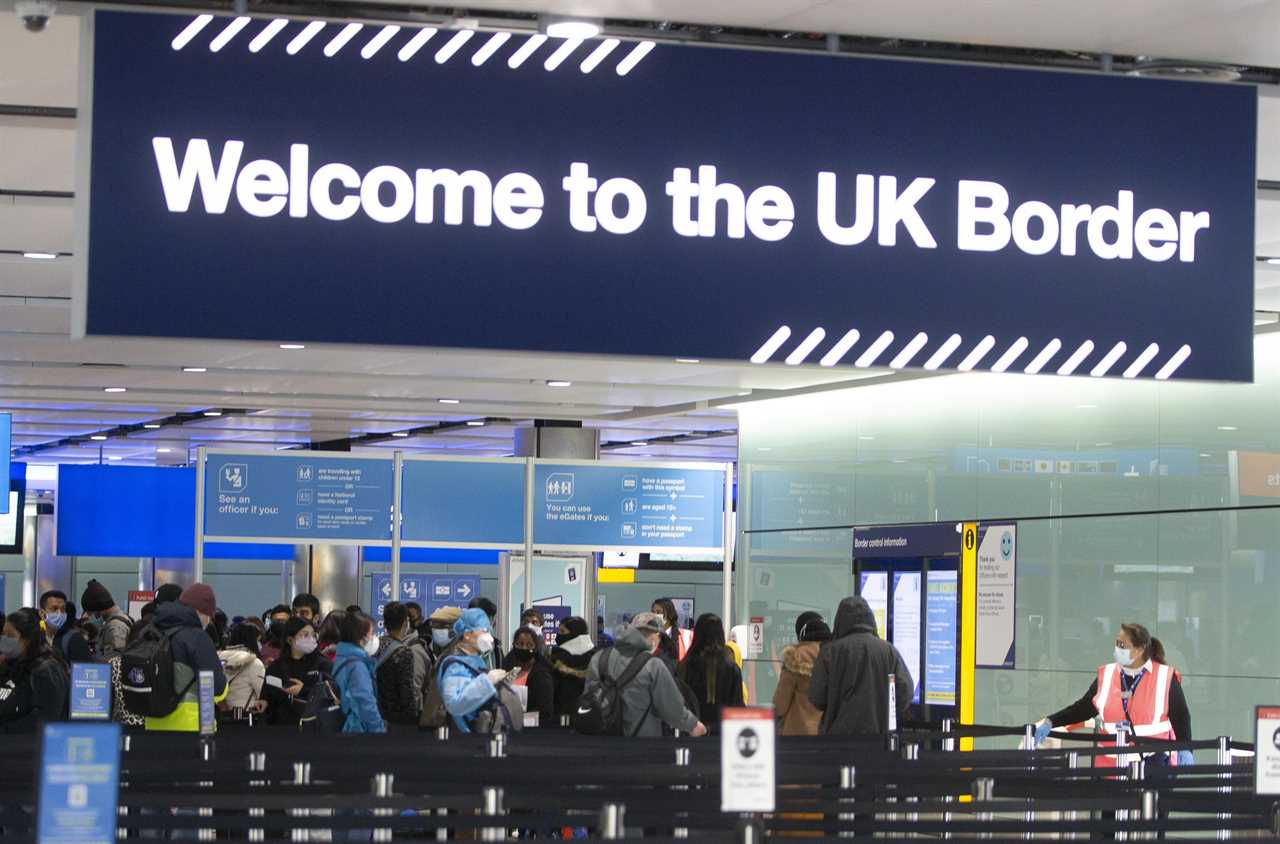
In the intricate landscape of migration policy, the recent decline to 431,000 raises questions of adequacy amidst calls for more stringent measures. This shift, notably influenced by past governmental actions, prompts deeper reflections on the persistent challenges in managing migration flows.
The wider context: Navigating the Migration Debate
As net migration sees a significant decrease to 431,000, the political discourse surrounding migration policy intensifies. The recent reduction, attributed in part to prior Tory policies, underscores the complexities of managing migration in a globalised world. Despite the decrease, demands for stricter border controls persist, reflecting broader concerns about population growth and social integration.
Structural challenges and policy responses
The nuanced dynamics of migration policy are highlighted by the interplay of structural challenges and governmental responses. Initiatives such as Keir Starmer's proposed crackdown signal a shifting approach towards managing migration flows, yet questions linger regarding the sufficiency of these measures in addressing deeply rooted issues. The call for an annual cap on net migration emphasises the ongoing tensions between demographic realities and policy frameworks.
Impact on communities and labour markets
Amidst evolving migration trends, the impact on local communities and labour markets remains a focal point of discussion. Rishi Sunak's measures to restrict certain categories of workers entering the country reflect broader debates on skilled migration and family reunification. These policy decisions intersect with social and economic considerations, shaping the experiences of both migrants and host communities.

Global perspectives and domestic implications
The shifting landscape of migration policy in the UK is situated within a broader global context, where movements of people intersect with geopolitical realities and humanitarian challenges. The emphasis on deportations and border controls reflects not only domestic priorities but also international trends in migration governance. Navigating these complex dynamics requires a nuanced understanding of the interconnectedness of migration policies and societal values.
In conclusion, the recent decrease in net migration to 431,000 evokes a multifaceted discussion on the intersection of policy, population dynamics, and social integration. As calls for stricter borders persist, the need for comprehensive and compassionate approaches to migration governance becomes increasingly apparent. Balancing demographic realities with humanitarian imperatives remains a central challenge for policymakers and society at large, underscoring the ongoing complexity of the migration debate.
Did you miss our previous article...
https://trendinginthenews.com/uk-politics/analyzing-the-ethical-dimensions-of-mandatory-chemical-castration-for-sex-offenders






